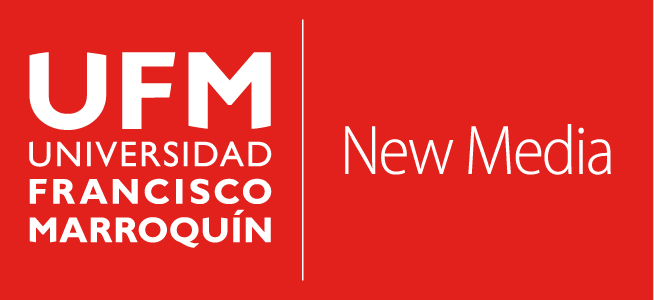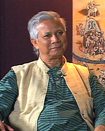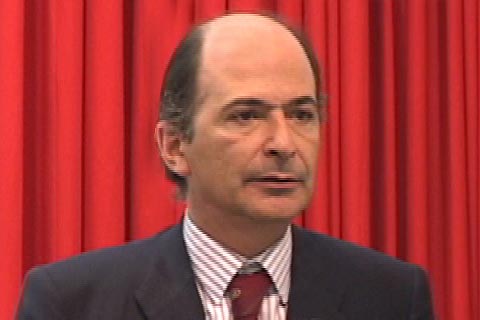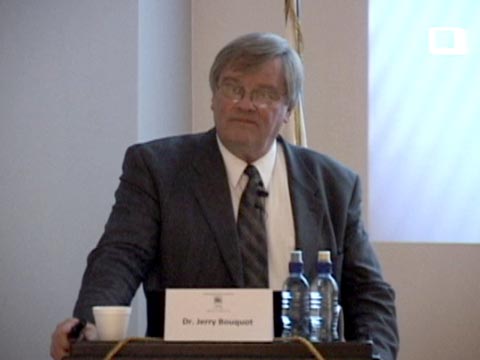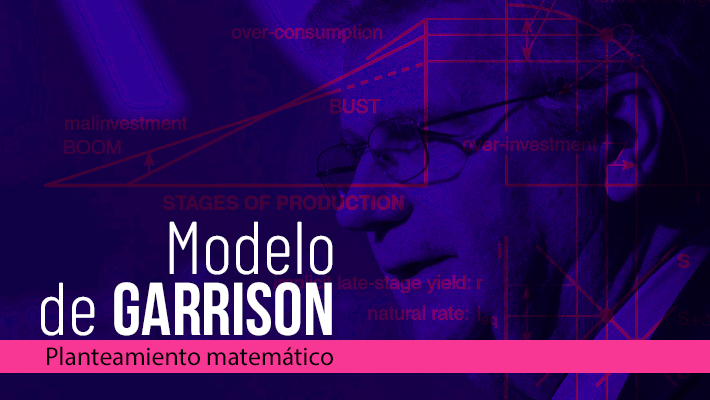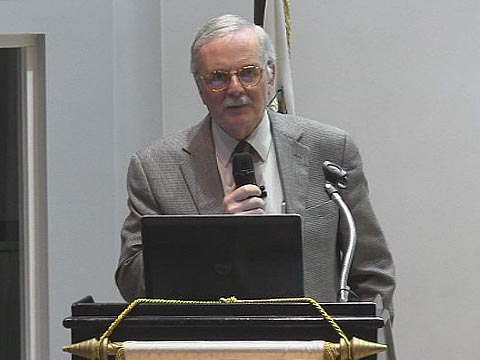About this videoMuhammad Yunus and Grameen Bank have developed the revolutionary concept of microcredit, which consists in small loans over a long period of time to poor people without collateral. Grameen Bank started in Bangladesh and has become a self-sustainable bank that has driven millions of people out of poverty, empowered women and beggars, and promoted social development. The basis of this system is trust and does not require government intervention and complex regulations. In Guatemala, Grameen Bank is present in the Lake Atitlán region and has a strategic alliance with Banrural to expand microcredit idea nationally.
|
|
CreditsHow could the world change through microcredit A New Media - UFM production. December 2007. | |
